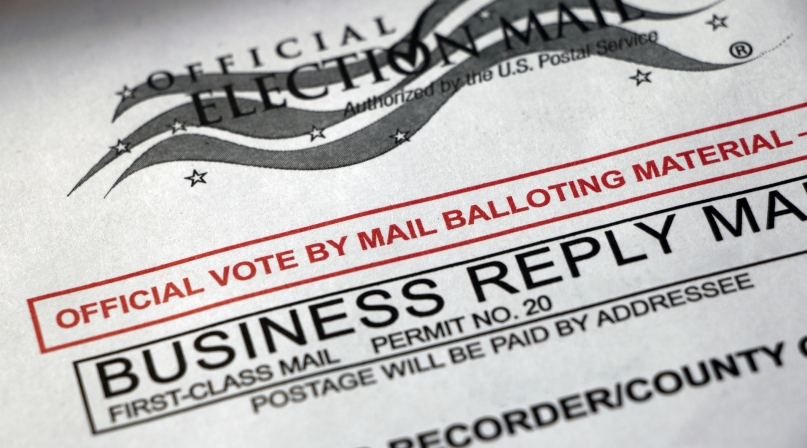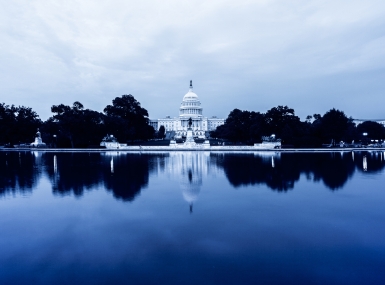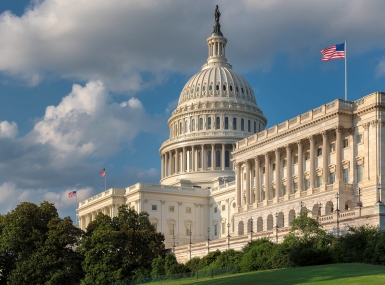Senate introduces new election reform legislation
Author

Eryn Hurley

Seamus Dowdall
Upcoming Events
Related News

Key Takeaways
On September 14, a group of U.S. Senators led by Sens. Amy Klobuchar (D-Minn.) and Joe Manchin (D-W.Va.) introduced an election reform bill, the Freedom to Vote Act. The modified bill is a compromise between previous voting proposals, including the For the People Act of 2021 and an election reform framework released by Sen. Manchin. If enacted, the bill would establish new early voting options, expand access to mail-in ballots, and make Election Day a federal holiday, among other provisions. The bill includes three primary sections, which include the following provisions of importance to counties:
- Automatic voter registration: The legislation would enact an automatic voter registration system for each state through the state’s motor vehicle agency to ensure all voters have access to online voter registration.
- Early voting: The legislation would implement a national standard for early voting, which would ensure polling locations be open at least 15 consecutive days before Election Day, including two weekends. This provision would also provide flexibility to smaller counties and vote-by-mail jurisdictions.
- Vote-by-mail and drop boxes: Enhances the current process for voters to request a mail-in ballot and provides free postage for returning ballots at no cost to the state or county.
- State Election Assistance and Innovation Fund: Establishes a new fund to cover costs for eligible democracy and election-related investments. Similar to the Help America Vote Act (HAVA) grants, states would apply and receive funding, which could then be sub-granted to counties.
- Redistricting reform: The bill would require states to follow specific criteria for congressional redistricting, and it allows states to choose how to develop redistricting plans, including the option of having an independent redistricting commission.
The bill faces an uncertain path in the U.S. Senate as no Republicans have indicated support for the legislation. With an evenly divided chamber, Democrats currently do not have the 60 votes needed to move the measure forward.
Counties serve as the nation’s primary administrators of federal elections and therefore monitor closely all bills on elections reform. NACo will continue to monitor this legislation and provide further updates.
Advocacy
NACo publishes analyses on new election reform bills
NACo has published legislative analyses on two election-related bills unveiled ahead of the 2022 Midterm elections: the Enhanced Election Security and Protection Act and the Sustaining Our Democracy Act.

Related News

MEGA Act moves in House; NACo raises county concerns
On Feb. 10, the U.S. House Committee on Administration held a hearing to consider the Make Elections Great Again (MEGA) Act (H.R. 7300), which was introduced by Committee Chairman Rep. Bryan Steil (R-Wis).

House passes SAVE Act; Major impacts on county election administration
Next week, the U.S. House of Representatives is slated to vote on the Safeguarding American Voter Eligibility (SAVE) Act (H.R. 22), making it the chamber’s second vote on a version of the legislation in less than a year.
